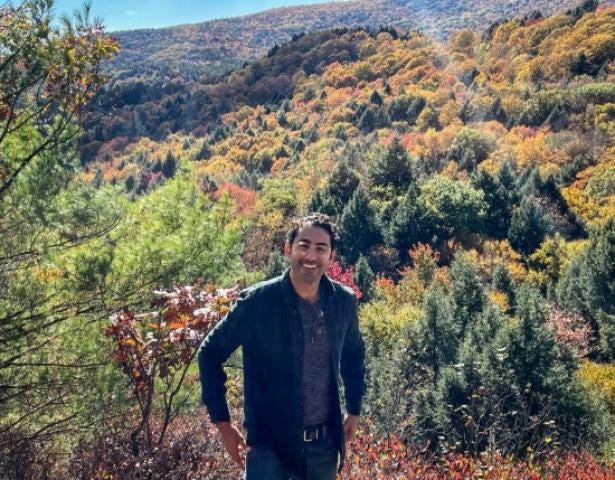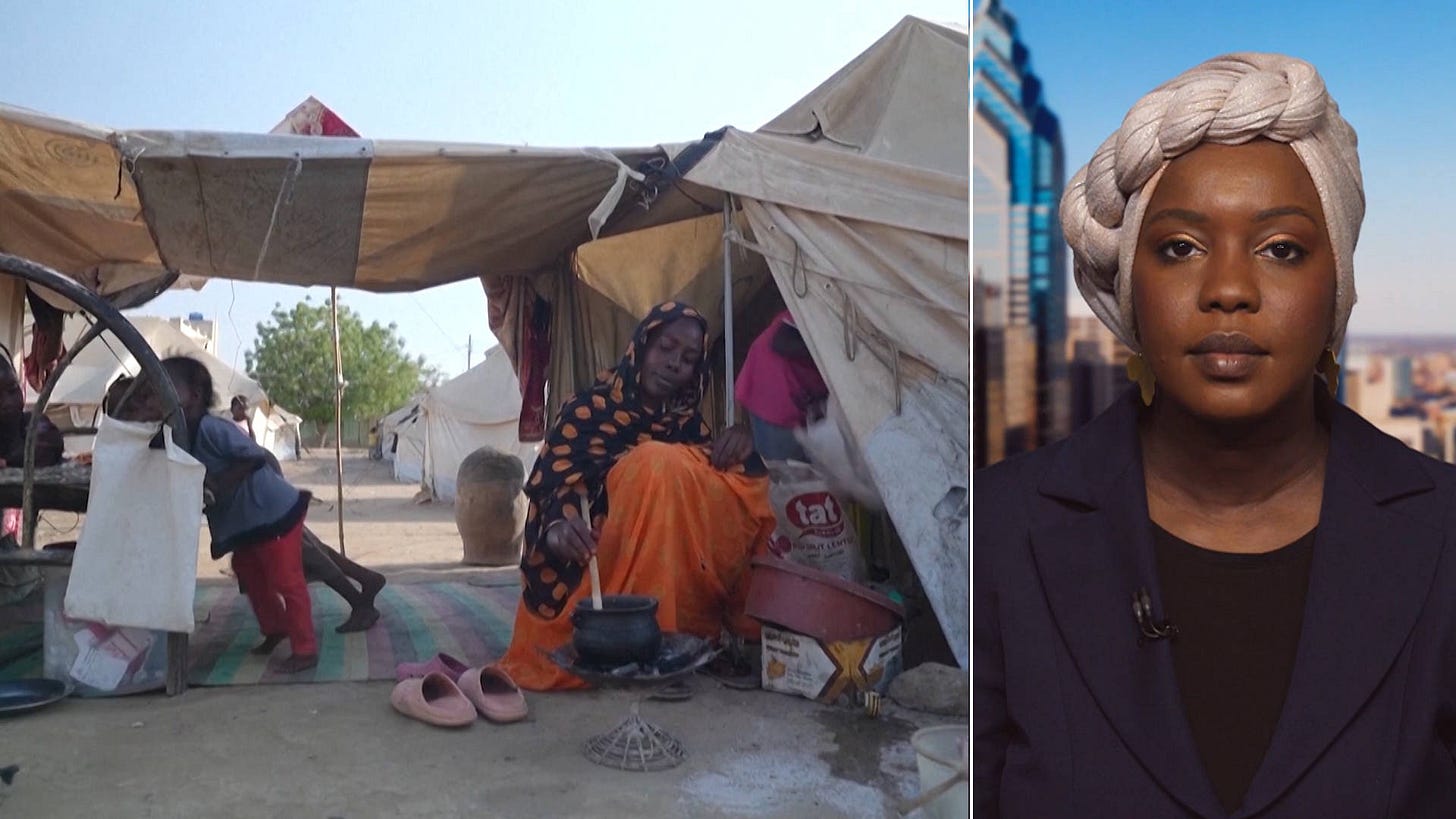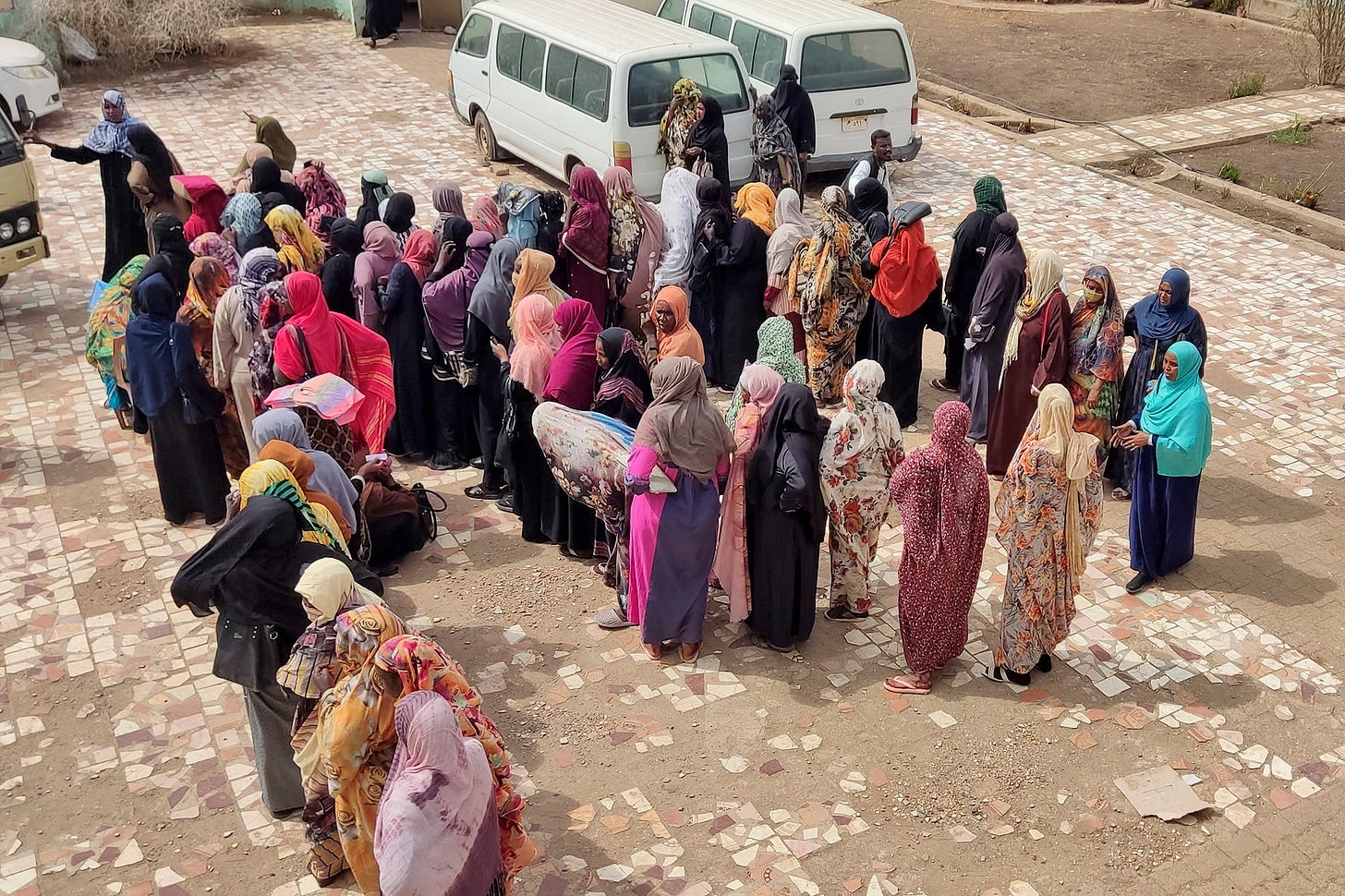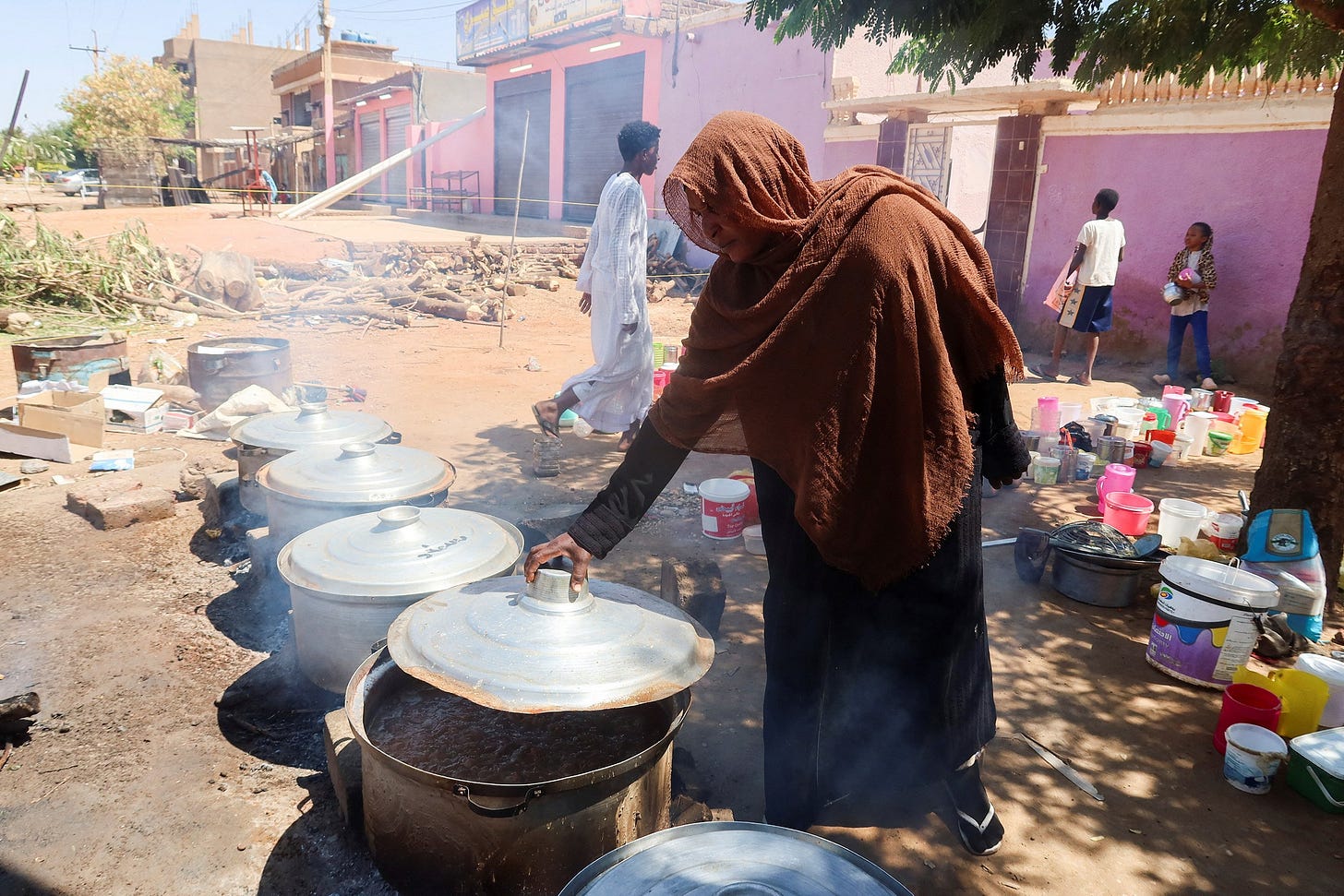AfricaFocus Notes on Substack offers short comments and links to news, analysis, and progressive advocacy on African and global issues, building on the legacy of over 25 years of publication as an email and web publication archived at http://www.africafocus.org. It is edited by William Minter. Posts are sent out by email once or twice a month. If you are not already a subscriber, you can subscribe for free by clicking on the button below. More frequent short notes are available at https://africafocus.substack.com/notes, and are also available in an RSS feed.
Editor´s Note
By William Minter
William Minter is the editor of the Substack blog AfricaFocus Notes. His latest book, None of Us Is Free Until All of Us Are Free: New Perspectives on Global Solidarity, edited in collaboration with Imani Countess (forthcoming from Africa World Press).
This will be a regular feature, posted each week unless I am taking a break. It consists of a selection of highlights from the much shorter notes, with links, that appear up to 2 to 3 times a day on the website, but are not sent out by email. There is too much for any of us to keep up with, but I hope you will find some of my selections useful to you as well.
Hashtags for this AfricaFocus Weekly Highlights
#Gaza #Israel #USA #Sudan #UAE #SaudiArabia #Global
This week I am concentrating on two deadly conflicts and humanitarian crises: Sudan and Gaza. At the end of 2024, both were ranked high on the list countries with people in need of assistance by the UN Office on Coordination of Humanitarian Affairs (OCHA), Sudan with 30.4 million in need out of a total population of 41.8 million (73%) and Gaza with the entire estimated population of 2.2 million in need.
Armed Conflict Location & Event Data (ACLED) is a nonprofit database tracking data on violent conflict. Their conflict index ranked Palestine as the most dangerous and violent place in the world in 2024, topping the index for geographic diffusion of conflict and danger to civilians. Sudan was ranked as the 4th-deadliest conflict in the world, and Palestine the 2nd (Ukraine was the most deadliest and Myanmar the 3rd).
Palestine
Boston Globe, Africa 17, 2025
He is widely known in the upper Connecticut River Valley of Vermont, where he has been based since moving to the United States more than a decade ago, as a spiritual man who grew up Muslim, a practicing Buddhist, and whose closest friends are Jewish.
Emptying Gaza (w/ Norman Finkelstein)
The Chris Hedges Report, April 17, 2025
Israel, both materially and rhetorically, has made their intent to destroy the Palestinian people clear. One of the most renowned and courageous Middle East scholars, Norman Finkelstein, has assiduously documented the Palestinian plight for decades and he joins host Chris Hedges on this episode of The Chris Hedges Report.
Israel has blocked all food and humanitarian aid into Gaza and cut off electricity, so that the last water desalination plant no longer functions. The Israeli military has seized half of the territory — Gaza is 25 miles long and four to five miles wide — and placed two-thirds of Gaza under displacement orders, rendered “no-go zones,” including the border town of Rafah, which is encircled by Israeli troops. An average of one hundred children are being killed daily according to the United Nations.
Liberation Seder: Hundreds of Jewish Protesters Demand Release of Foreign Students Abducted by ICE
DemocracyNow!, April 15, 2025
Hundreds of members of Jewish Voice for Peace in New York protested outside of the office of Immigration and Customs Enforcement Monday on the third night of the major Jewish holiday Passover. They gathered in support of a growing number of immigrant activists who have been taken prisoner by ICE, including New York residents Mahmoud Khalil and Mohsen Mahdawi, both Palestinian participants of pro-Palestine protests at Columbia University last year. Democracy Now! spoke to some of the Passover Seder attendees. “I’ve always thought of Passover as a celebration of liberation. And liberation can never be just the Jews,” said protester Marianne Pita. “The only way to fight for liberation is to fight for everybody.”
Sudan
DemocracyNow!, April 17, 2025
Sudan is facing the world’s largest humanitarian crisis. Emtithal Mahmoud, describes how the violence impacted her own family in a recent attack. “They kidnapped 58 of the girls in my extended family, and we are still searching for them,” says Mahmoud. “We need the world to pay attention.”
The brutal truth about being a young woman in Sudan
The Independent, UK, April 15, 2025
The number of women and girls being abducted and subjected to rape, forced marriage, and sexual captivity has risen at an alarming rate over the past two years, writes Dr Elzahra Mohammed. Now is not the time for the world to turn the other way.
In the overcrowded camps where I work, we meet girls as young as 12 who are survivors of sexual violence. One girl – not even a teenager yet – recently came to us in labor with twins, but her young body wasn’t mature enough to deliver one baby, let alone two. While the doctors were able to save this young mother’s life, both her twins tragically died in childbirth. Later, I learned that this child was a survivor of sexual violence. It’s a day that will haunt me and my colleagues forever.
As a medical doctor and health specialist for Plan International, I meet girls and young women every day who have fled Sudan’s brutal conflict. They tell me their hopes, dreams, and fears. And I see first hand the devastating impact that sexual and gender-based violence has on their bodies and minds.
Originally from Darfur, I am a mother of three myself, and when I see these girls suffering in the camps, I cannot help wondering what might have happened to me or my children if we hadn’t managed to escape.
Eight stories about mutual aid to mark two years of war in Sudan
The New Humanitarian, April 15, 2025
The backbone of relief efforts has been youth-driven and neighbourhood-based mutual aid groups known as emergency response rooms – which were set up at the outset of the war – as well as other local community initiatives.
With support from local and diaspora networks, as well as international donors, community responders have reached millions – running soup kitchens, supporting clinics, keeping infrastructure going, and launching education and women’s initiatives.
Mutual aid is central to many crises, but the scale and impact of local efforts in Sudan has been profound, and volunteers say their solidarity-based model offers a blueprint for both a new kind of politics and a radically different humanitarian response.
To mark two years of conflict, here is a list of some of our best recent reporting on mutual aid – almost all of it written by Sudanese journalists who double up as emergency response room volunteers, working either inside or outside the country.








